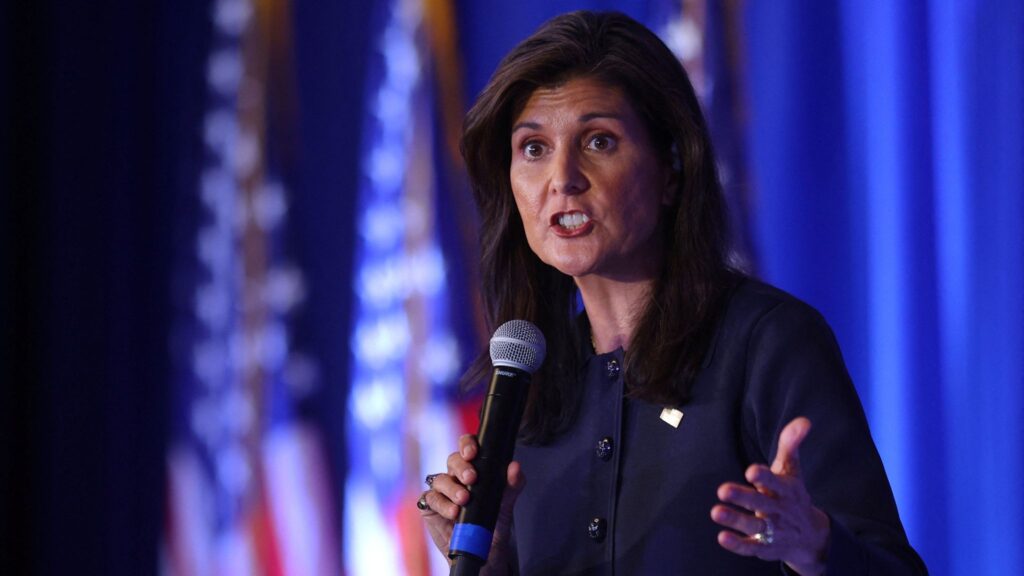Nikki Haley achieved a significant milestone in her political career by winning the Washington, D.C., Republican primary, marking her first triumph in the presidential nomination process.
This victory over Donald Trump, where she secured 62.9% of the vote compared to his 33.2%, stands out as a notable achievement for the former U.S. ambassador to the United Nations, as reported by Edison Research.
Olivia Perez-Cubas, a spokesperson for Haley’s campaign, highlighted the importance of this win, stating, “It’s not surprising that Republicans closest to Washington dysfunction are rejecting Donald Trump and all his chaos.”
This win is not just Haley’s first in the current race but also marks her as the first woman to secure a Republican primary in U.S. history, according to her campaign.
Despite this victory, Haley continues to face steep challenges in her bid for the Republican nomination against the anticipated Democratic nominee, President Joe Biden.
Trump, having dominated the initial eight nominating contests, is predicted to maintain a strong lead in future contests, based on opinion polls.
Washington, D.C.’s urban demographic and high education level contrast sharply with the rural and lower education base that typically supports Trump.
Trump’s deliberate avoidance of the D.C. vote, which he dismisses as insignificant due to its few delegates and association with the “Swamp,” underscores the strategic differences in their campaigns.
Haley’s win in D.C., where she will gain 19 delegates, serves as a counter to criticism that she can’t win any nominating contests and casts her popularity in a city often criticized by Republican leaders, including Trump, in a complex light.
Trump’s past performance in D.C., particularly in the 2016 nominating contest where he secured less than 14% of the vote, further illustrates the unique political landscape of the capital.
Looking ahead, the upcoming Super Tuesday, with 874 Republican delegates at stake across 15 states and one U.S. territory, represents a critical juncture in the nomination process.
Meanwhile, the Democratic primary in Washington, D.C., is scheduled for June, setting the stage for a competitive election season.
